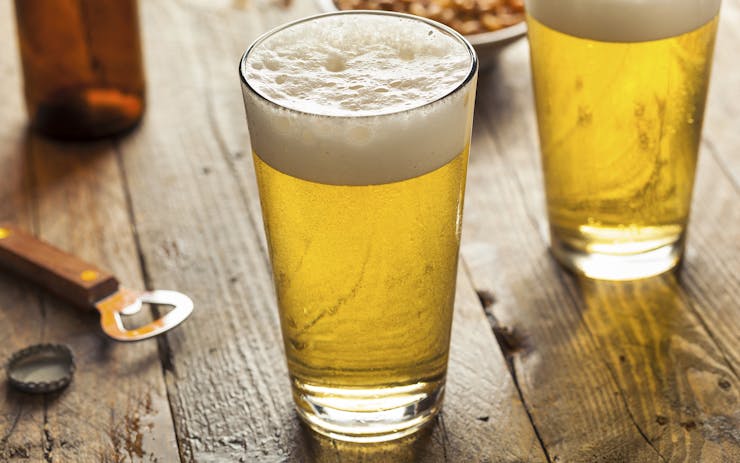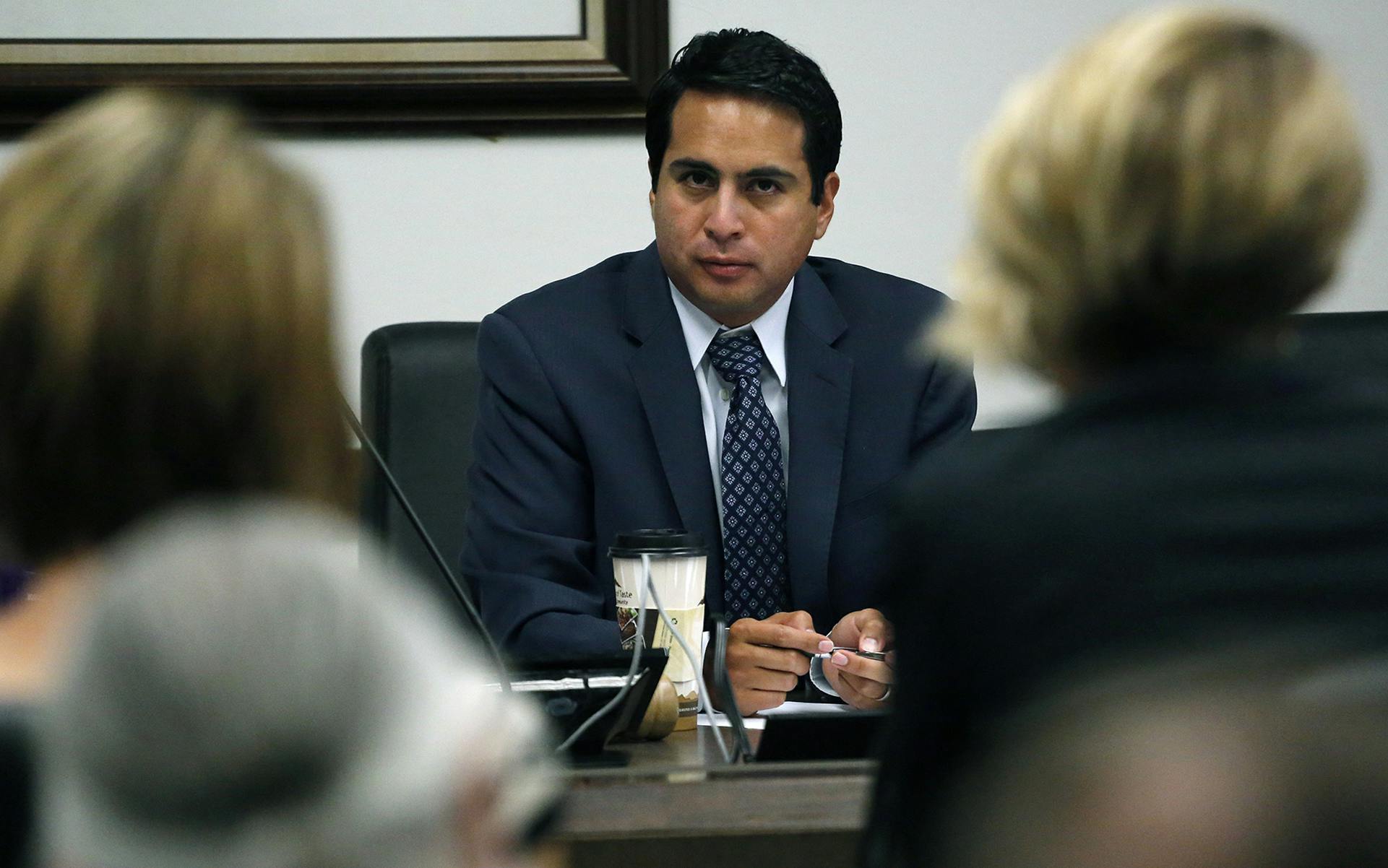Some segments of the alcohol industry fear the coming of cannabis legalization—and they’re expressing that anxiety with big donations to defeat ballot measures this November.
In Massachusetts, the Beer Distributors of Massachusetts PAC, a political action committee representing 16 of the state’s beer distributors, has donated $25,000 in the fight against legalization. Earlier this month the Wine & Spirit Wholesalers of Massachusetts donated $50,000 to fight Question 4, the state’s adult use proposal. In Arizona, the Arizona Wine and Spirits Wholesale Association has given $10,000 to a group opposing Prop. 205 legalization in that state.
What’s the fear? Loss of market share to cannabis, apparently.
In an SEC filing last February, the Boston Beer Company, maker of Samuel Adams, noted that “certain states are considering or have passed laws and regulations that allow the sale and distribution of marijuana. It is possible that legal marijuana usage could adversely impact the demand for the company’s product.” Daniel Rees, an economics professor at the University of Colorado, Denver, predicted three years ago that the legalization of cannabis would drive consumers to choose marijuana over beer.
But has cannabis legalization actually affected beer sales?
Not according to the data.
We dug into beer sales and state alcohol tax figures in Colorado and Washington, the states with the longest record of adult-use cannabis sales. (Alcohol tax rates have remained the same over that period, so alcohol tax revenue is a good indicator of sales trends.) The result? Alcohol sales tax revenue has grown steadily over the past several years, before and after cannabis became legal for adult use. Here’s what it looks like in a single image:
Tax Revenue From Cannabis, Beer, and Wine in Washington State

As cannabis sales skyrocketed in Washington, beer and wine sales were unaffected.
In Washington State, tax revenue from beer, wine, and hard alcohol sales has increased steadily over the past three years. Beer tax revenue went from $29.9 million in 2014, to $30.7 million in 2015, and has increased to $31.4 million so far in 2016.
In Colorado, alcohol sales tax revenue has grown steadily since 2011. In the two years prior to cannabis legalization, tax revenue increased at a steady rate, from $38.9 million to $40.1 million. Then, in 2014, the state’s total net tax receipts for all forms of alcohol grew to $40.9 million. In 2015, net alcohol revenue increased to $41.8 million.
In Oregon, the data is limited. But it, too, shows a steady gain in beer production and sales. Adult-use cannabis went on sale in Oregon in October 2015. During June 2015, Oregon brewers produced and sold 54,272 barrels of beer. Nearly one year later, in June 2016, the number of barrels sold increased to 62,800. That’s market growth of 15 percent. Most industries would call that a banner year.
In Oregon, beer production and sales increased 15% after legalization.
So alcohol sales—and specifically beer sales—have continued to steadily increase in states that have legalized the adult use of cannabis.
In fact, that increase in alcohol sales in adult-use states bucks the national trend for alcohol, with sales flat to slightly down. According to tax revenue data from the U.S. Treasury Department’s Alcohol and Tobacco Tax and Trade Bureau, alcohol sales brought in $10.1 billion in tax revenue nationwide in 2012. That figure dipped to $10.0 billion in 2013, rose to $10.4 billion in 2014, and held steady in 2015.
Revenue from beer sales fluctuated nationally, too. In 2012, beer sales brought in $3.7 billion in tax revenue nationwide. In 2013, that figure dipped to $3.5 billion. In 2014, it rose to $3.7 billion, and last year it fell again to $3.6 billion.
Nationwide: Beer and total alcohol sales tax revenue

National trends: Beer sales are off slightly, while total alcohol sales maintain.
The upshot: Alcohol sales have increased slightly nationwide over the past four years. Beer sales are down slightly. In states that have legalized adult-use cannabis, alcohol sales—and beer sales in particular—have grown steadily.
So while the brewers of Sam Adams worry that “legal marijuana usage could adversely impact the demand” for Boston Lager, the data tell a different story.






